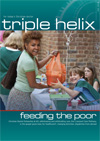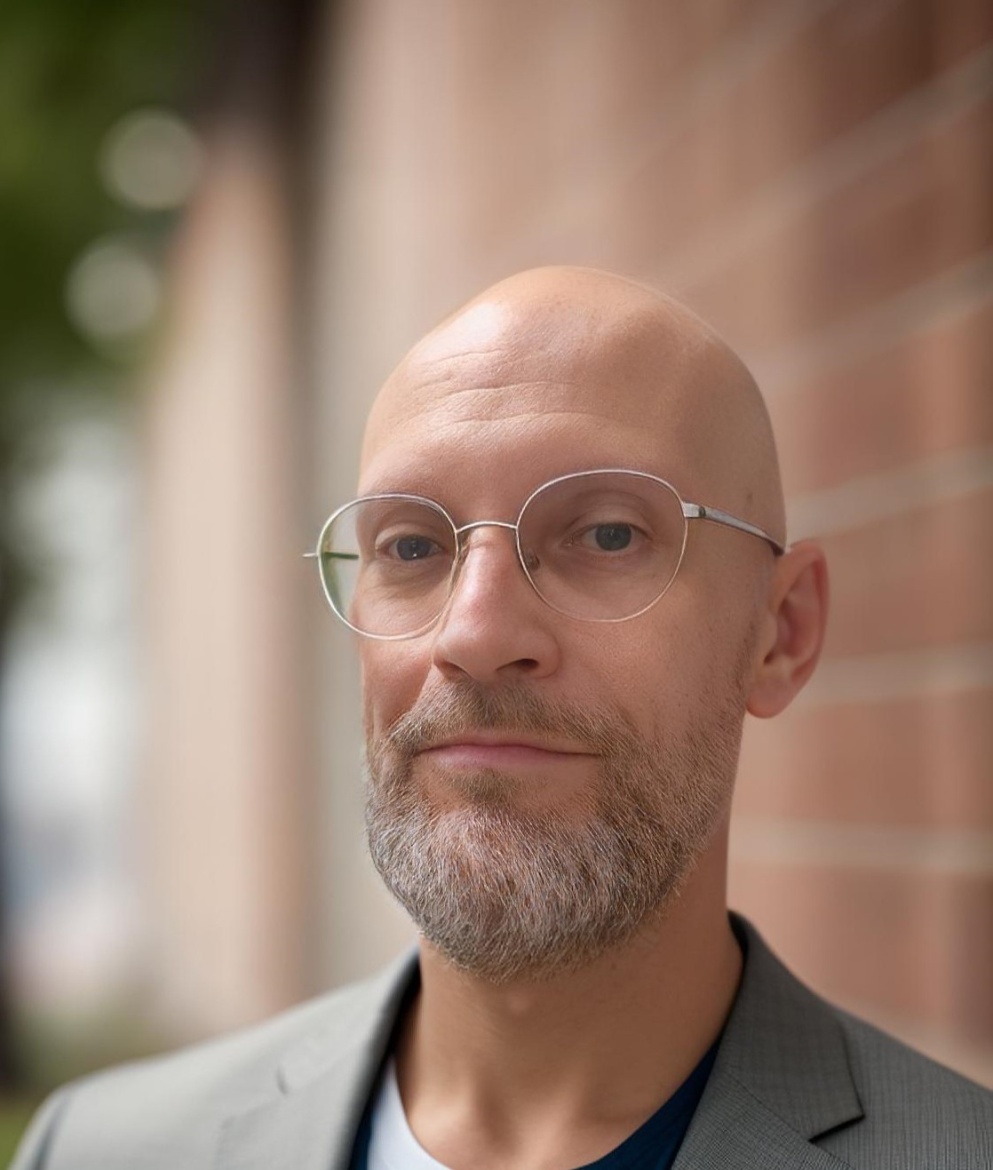Review by Steve Fouch - CMF Head of Allied Professions Ministries
Health goals unlikely to be met
With only two years left before they are supposed to be met, it looks like a mixed bag of results for the Millennium Development Goals(MDGs) The major goal of halving the number of people living on less than $1.25 per day by 2015 looks well on track – but mainly because of the meteoric rise in living standars in China(and, to lesser extents, in India and Brazil) (1)
MMDGs 4, 5 and 6, which focused on health goals(covered in depth in Triple Helix in 2006-2007) look far from being met. Even where progress has been made, the current economic climate has reduced the funding in global health programmes.
The focus of the international community is now on what comes next. While the MDGs have had their faults, they have galvanised and focused world attention and resources. But they have also tended to separate issues artificially. For instance, reducing extreme poverty, increasing access to clean water and providing primary education all have significant health benefits. Improving maternal health benefits child health and can have a major impact on HIV and other communicable diseases. (2)
The current buzz is around Universal Health Coverage (UHC) – making effective health services available to all and introducing some kind of local or national universal health insurance. The problem is there are no universally agreed definitions or ways of measuring what constitues universal health coverage and its outcomes. There is growing research that universal insurance and provision of good quality medical care can have a significant (if modest) impact on the health outcomes. There is growing research that universal insurance and provision of good quality medical care can have a significant (if modest) impact on the health outcomes for the poorest communities, but only if there is also good government, sound social institutions and a vibrant civil society. (3)Wherever the world goes next with high level goals, it does seem that the world is slowly realising a principle long expressed in scripture, that our lives are a whole and not a divided set of self-contained areas. Obedience to God goes along with longevity and prosperity, (4) but obedience includes adhering to provisions for social and economic justice, (5), hygiene, (6) dietary practices and care of the land. (7). Health and healing go hand in hand with God expressing his salvation amongst his people. The Bible makes it clear then that good health starts with a right relationship with God, from which all other right and healthy relationships flow.(8)
A set of goals that embody this understanding are unlikely to arise out of the current post-MDG process, but this understanding will continue to inform Christian responses to local and global health needs.
































